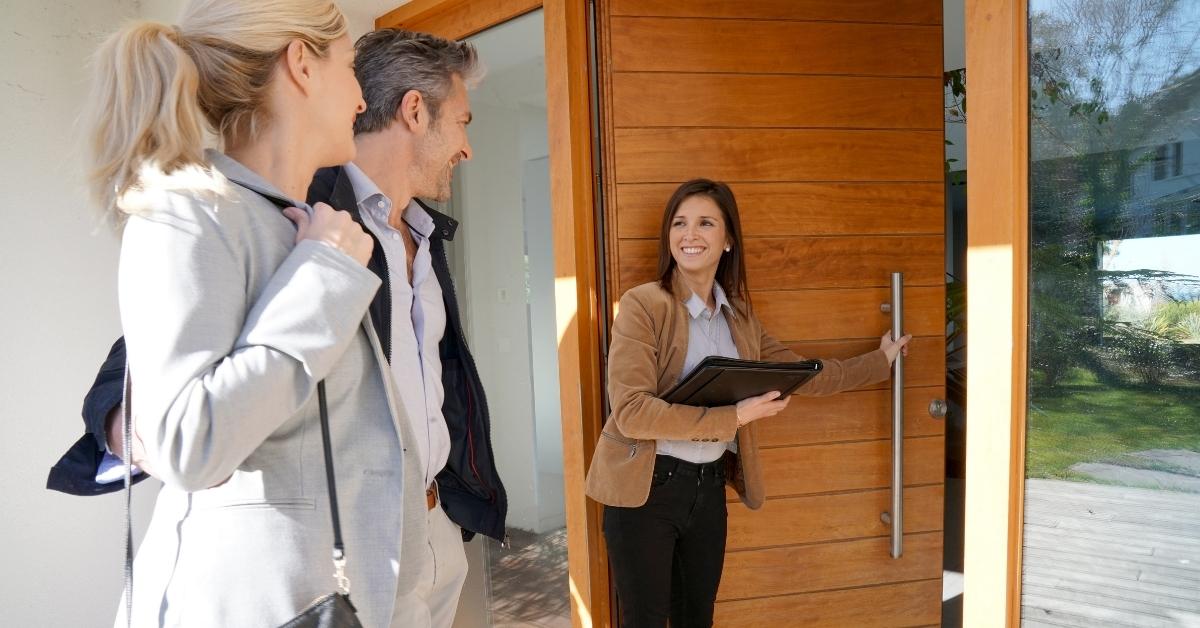Cost of Buying Real Estate

Purchasing a property is a significant commitment and requires more than just coming up with enough money to afford the price tag. There are many different costs to buying a house which all add up.
Before you commit to a new home, prepare yourself for the responsibilities you will be taking on. While it may seem a little daunting, being aware is a positive step and will help you with your investment.
Deposit
If you are venturing into the property market for the first time, most people typically only have enough saved for the deposit. The deposit is the amount a bank requires you to have to purchase a property with a mortgage.
Typically, you are required to have at least a 20 percent deposit saved up. However, for first home buyers, banks may have options that could see you get on the property ladder for as little as a 10 percent deposit.
To determine how much you need to save for a deposit, consider the average house price in the area you wish to call home. You will also want to consider the loan you want to get, interest rates and regular repayments.
You should talk to your bank or mortgage broker to understand your options.
Current homeowners may be able to use the equity they have built up in their loan to cover the deposit. However, if there is not enough equity, you will need to save the additional amount.
Lenders’ Mortgage Insurance
If your deposit is less than 20 percent of your purchase price, the bank will likely require you to take out lenders’ mortgage insurance (LMI).
LMI protects the bank from financial loss if the borrower cannot keep up with their mortgage repayments.
This insurance is typically only paid until your equity meets the 20 percent threshold. But as you grow your equity, you can apply for your LMI to be reduced and eventually removed.
Building Insurance
Life is full of uncertainties, and we see that when storms cause flooding and landslides, destroying homes. As your home is likely your most valuable asset and home insurance is often required for your home loan, you will want to have insurance.
You will want to talk to an insurer before you purchase a property to understand if there are any issues with getting insurance and what the premiums could be. You will want to organise insurance as soon as your office is accepted so it begins when you take over.
Contents insurance is also recommended, as this will cover all your belongings, including carpet, appliances, etc. If they are damaged or stolen, contents insurance will help cover the cost to replace them.
Additionally, you may want to consider mortgage protection insurance. This will help you if you are unable to meet your mortgage repayments if you fall seriously ill. Income protection insurance is another one that will help you pay your bills if you are in an accident, suffering from a major trauma or illness.
Legal Help
It is recommended that you involve a conveyancer or solicitor when purchasing a property. They will be there to support you with the property transaction and all the paperwork. Your solicitor will be able to negotiate on your behalf and help draw your attention to possible concerns or things to be aware of.
Their fee will depend on the complexity of your purchase. However, it is important to discuss fees and possible charges before engaging their services.
Pre-purchase Inspections
Your lender may require a pre-purchase building inspection and/or engineer’s report. Even if not required, it is important you know the true current condition of the property. This will uncover whether there will be additional maintenance costs if there is water damage or any other concerns.
If you are going into an auction situation where your bid is unconditional, you will want to get the building inspection done before the auction to know what you are purchasing.
Council Rates and Body Corp Fees
Ongoing costs like council rates and Body Corp fees differ based on property type and location. Rates will differ from city to city, and you may also have regional council rates to pay. Body Corp fees will likely impact those who have purchased in an apartment complex or townhouse where the cost of insurance and maintenance will be shared with neighbouring owners.
Additional Expenses
There will likely be hidden costs or unexpected maintenance that pops up that needs to be done. As a general rule, factor in another 5-7 percent of your purchase price to have saved to help with any hidden extras. This could also go towards those finishing costs, such as carpet, curtains, window shades, furniture and landscaping to make your new house a home.
First Home Buyer Grant
Exploring options like the First Home Owners Grant is advisable. Eligible first home buyers could receive up to $10,000 towards their first home if they meet all the criteria. You can find out more details on the government's website.
Considering these detailed costs before committing to a property purchase ensures a comprehensive understanding of the financial implications. This will empower you to make informed decisions, setting you on the path to being a knowledgeable homeowner.



